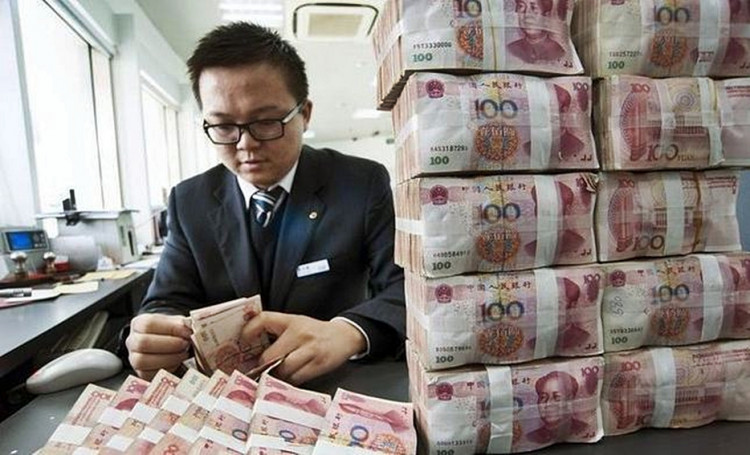China has the tools to defend the embattled yuan against the mounting downward pressures piling onto it. Maurice Obstfeld, Chief Economist of the International Monetary Fund (IMF) said he isn't that concerned about the Chinese government's ability to defend the yuan (or renminbi) despite recent depreciation of the currency.
Obstfeld doesn't think defending the yuan will be a problem for Beijing and the People's Bank of China (PBOC), the country's de facto central bank. He did note, however, that Beijing faces a "balancing act" between actions that boost economic growth and those that ensure financial stability.
Obstfeld is of the opinion that financial markets are overly emphasizing short-term movements of the yuan. He pointed out the yuan often quickly recovered from periods of volatility in recent years.
The problems besetting the Chinese economy and the yuan appear to be systemic. A solution proposed by the IMF is that China's economic policymakers de-emphasize the quantity of growth. Instead, Beijing must focus more on the quality and sustainability of economic growth to allow the economy to better withstand shocks of all kinds, said Obstfeld.
Since 2017, Beijing has taken actions to curb unhealthy credit expansion, especially funds provided to small business through the unregulated shadow banking industry. These moves, while laudable, carry with it risks that strangling the flow of funds will impact economic growth, which it's doing today.
Obstfeld said he understands Beijing has had to take steps to boost growth in the face of trade tensions with the U.S. These steps, which include easing-off on its deleveraging campaign, have impacted short-term economic growth, while also weakening the yuan.
Beijing does have to balance those actions against the need to achieve a more stable financial sector, to achieve more deleveraging, said Obstfeld. He also said Beijing has to exert better control over local government financing. All this is definitely going to be a balancing act for China, he pointed out.
Obstfeld said that despite a larger than expected drop in China's foreign exchange reserves in September, Beijing retains ample reserves of more than $3 trillion. He noted there have been scant signs of a jump in capital outflows like those seen in 2015 after a surprise devaluation of the yuan by the PBOC.
PBOC has also emplaced tight capital controls to prevent capital flight and has said it expects the scale of China's foreign exchange reserves to remain stable despite fluctuations.
There is an upside to weakening the yuan, however. A cheaper yuan will help China's already strained economy weather the immense shock of a new round of U.S. tariffs. Devaluing the yuan by about 12 percent in 2019 should help offset the negative effects of the trade war on China's GDP, estimates U.S. financial services firm, JPMorgan.






